Leader urges Iran’s Judiciary to root out corruption
Leader of the Islamic Revolution Ayatollah Seyyed Ali Khamenei has called on Iran’s Judiciary to fight corruption both within and outside of the government branch in remarks marking the martyrdom anniversary of the Islamic Republics first chief justice in a terror bombing perpetrated by the Western-backed MKO terrorist group.
“Corruption is contagious… when it enters a system, the disease spreads and expands day by day,” the Leader emphasized on Tuesday while addressing Judiciary officials in remembrance of Iran's former Chief Justice Mohammad Beheshti and 72 other government officials and employees, including ministers and lawmakers who were martyred in a 1981 terror bombing by the terrorist Mujahedin-e-Khalq Organization (MKO).
“Fighting corruption both inside and outside the Judiciary is one of your duties.” Ayatollah Khamenei further insisted, pointing out that while the overwhelming majority of those serving in the Judiciary maintain “dignity” despite performing difficult task with considerably low wages, there is also a small minority of them that abuse their position and tarnish the image of the justice system.
The Leader then pointed out that other government branches are also tasked with clamping down on corruption outside the Judiciary Branch.
“It means that sometimes corruption happens [and] its source is not the Judiciary, but the executive branch, the legislative branch, or the Armed Forces. They must stop corruption as well… If it does not vanish, then it is the duty of the Judiciary to intervene,” Ayatollah Khamenei asserted.
The Leader also said that today there are malicious individuals engaged in spreading rumors about the Judiciary, adding that such claims “are much exaggerated than what's actually taking place in the Judiciary.”
Iran’s Judiciary is “one of the main pillars” of the Islamic establishment, Ayatollah Khamenei stressed, warning that any disruptions in the Judiciary can lead to disorder in the entire system.
VIDEO | Press TV's News Headlines
VIDEO | Yemeni strikes Israel again after calls to end gaza genocide ignored by regime
Gen. Soleimani stood by Iraq during most challenging times: Iraqi PM
Israeli soldier flees Brazil amid probe into Gaza war crimes
Another journalist killed in Israeli attack on Gaza as toll rises to 220
Gaza faces severe shortage of medicine amid Israel's blockade
VIDEO | Sydney protesters denounce genocidal war on Gaza
8th baby freezes to death in Gaza amid Israel's campaign of extermination


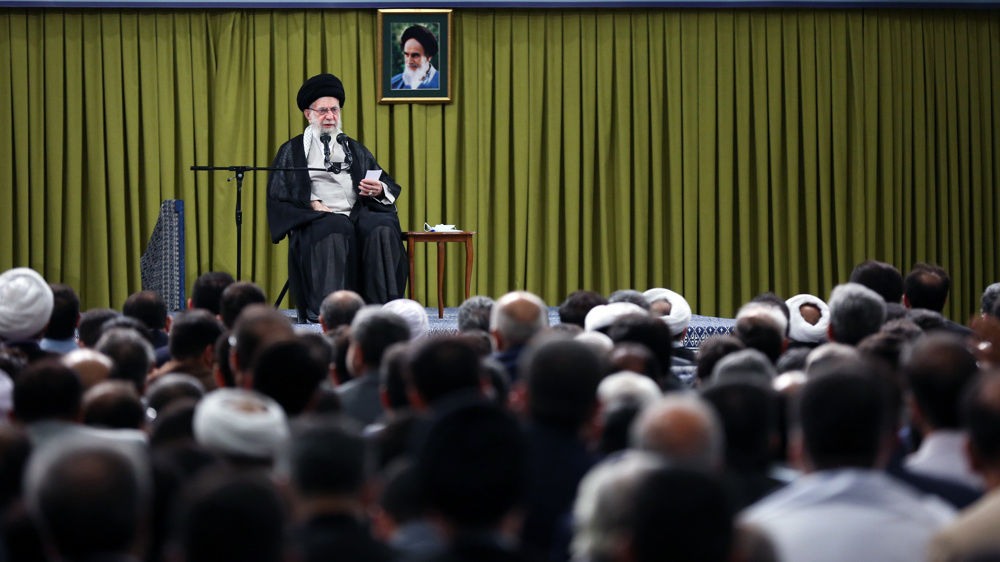
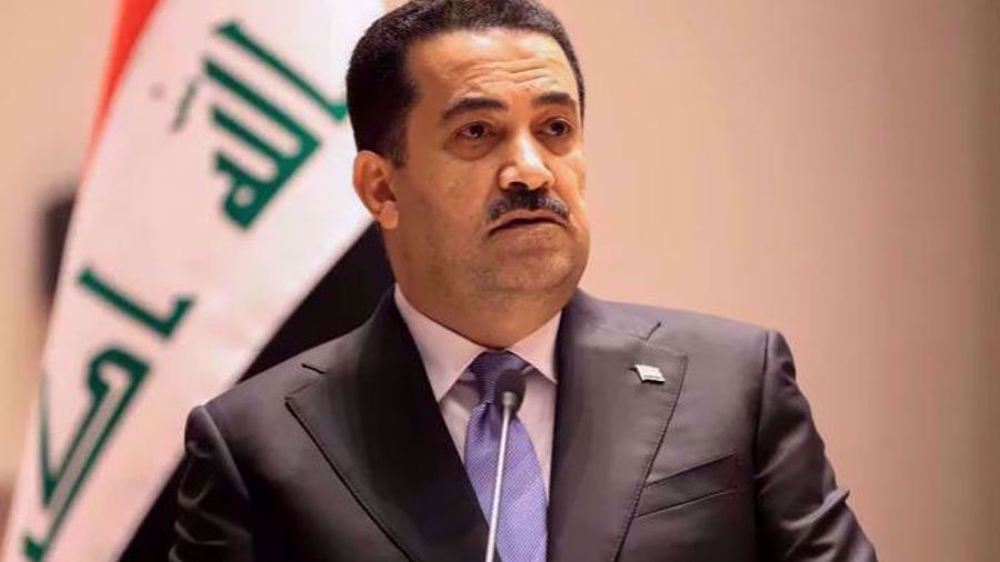
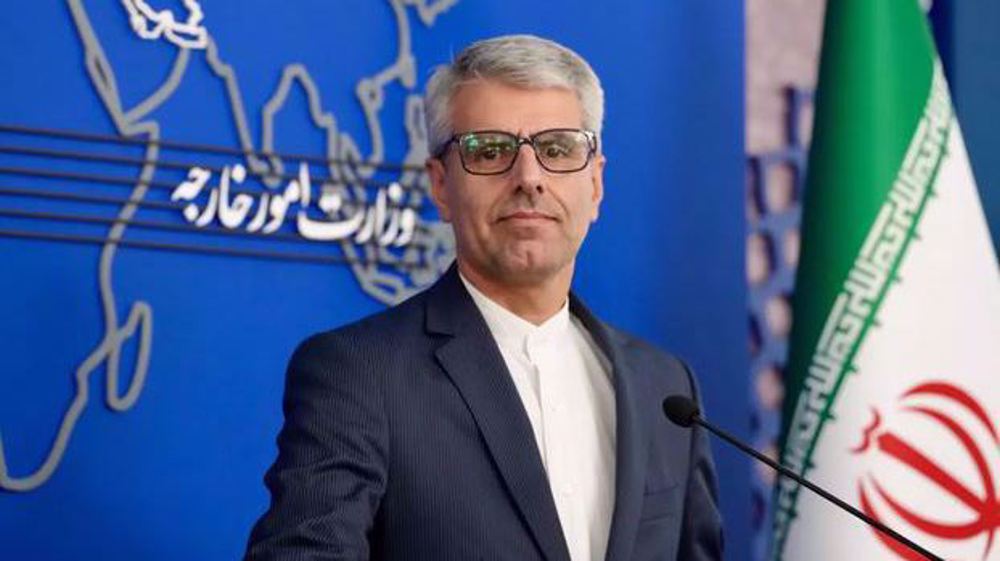
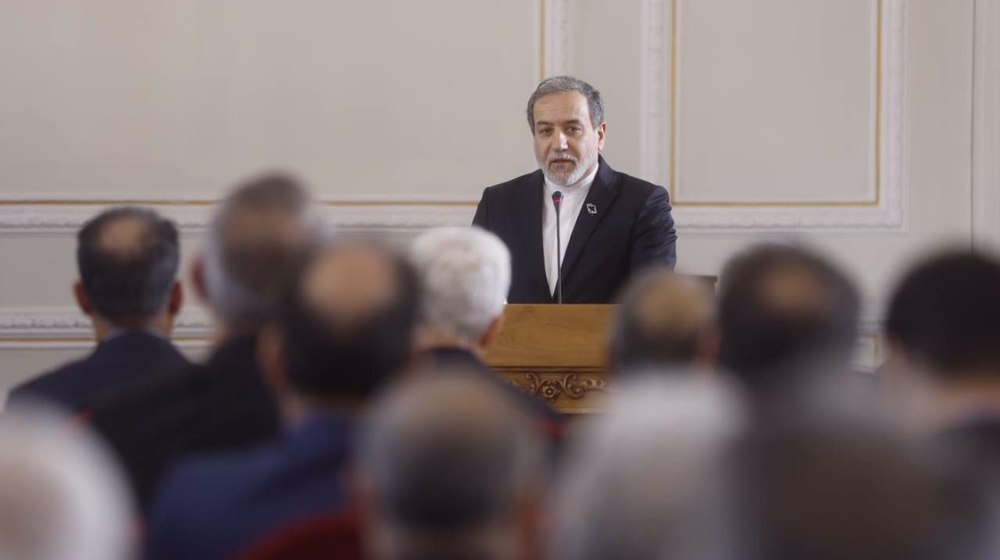



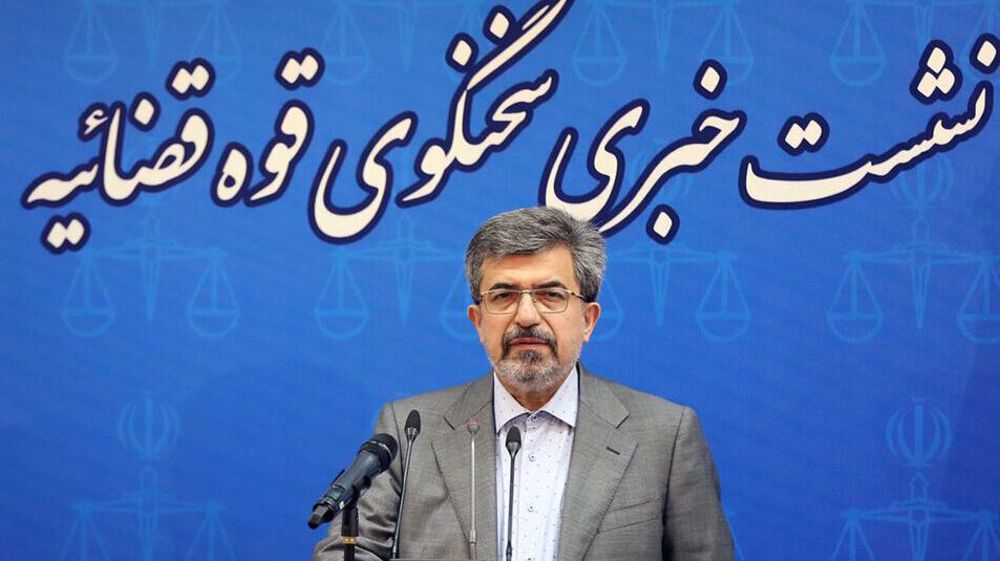
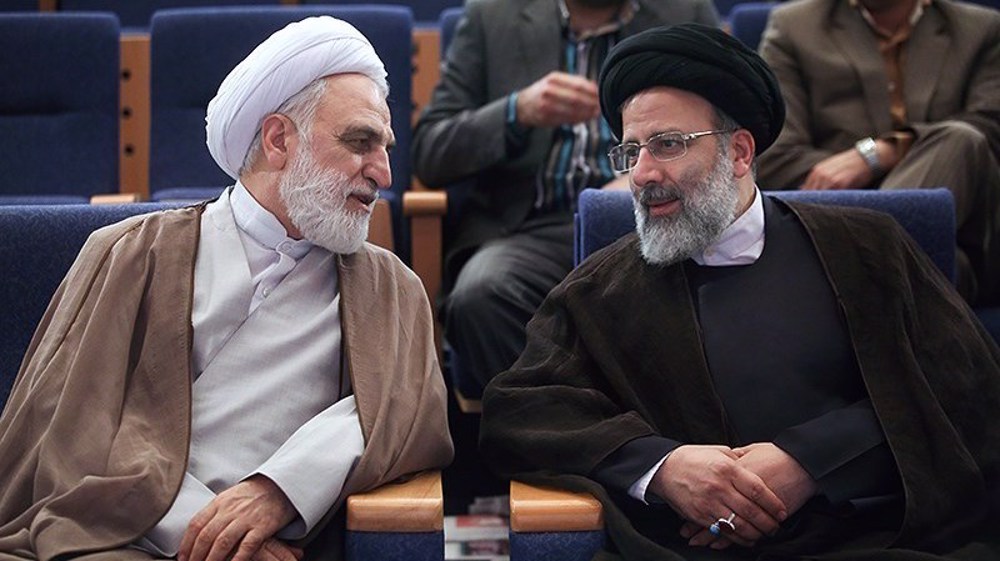
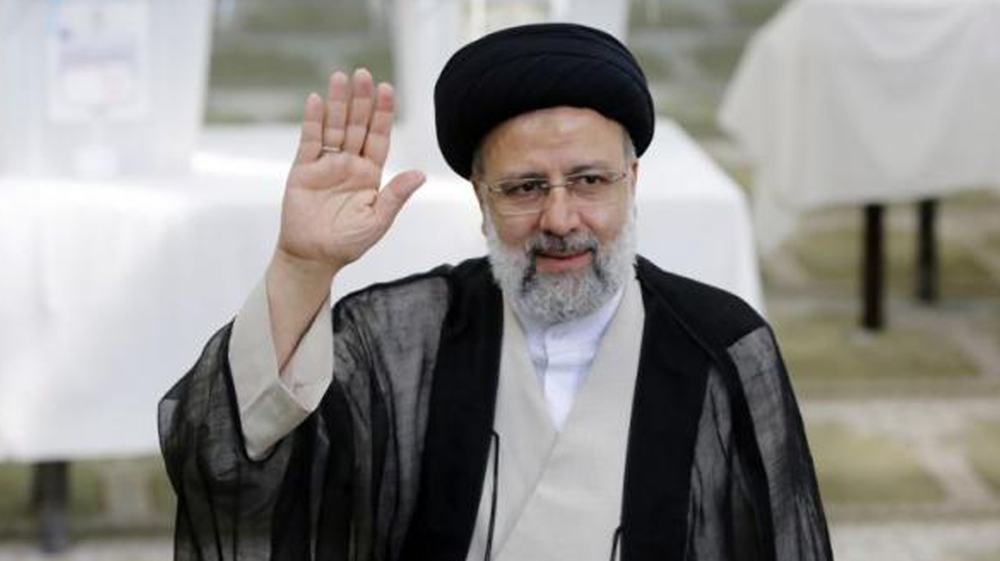


 This makes it easy to access the Press TV website
This makes it easy to access the Press TV website